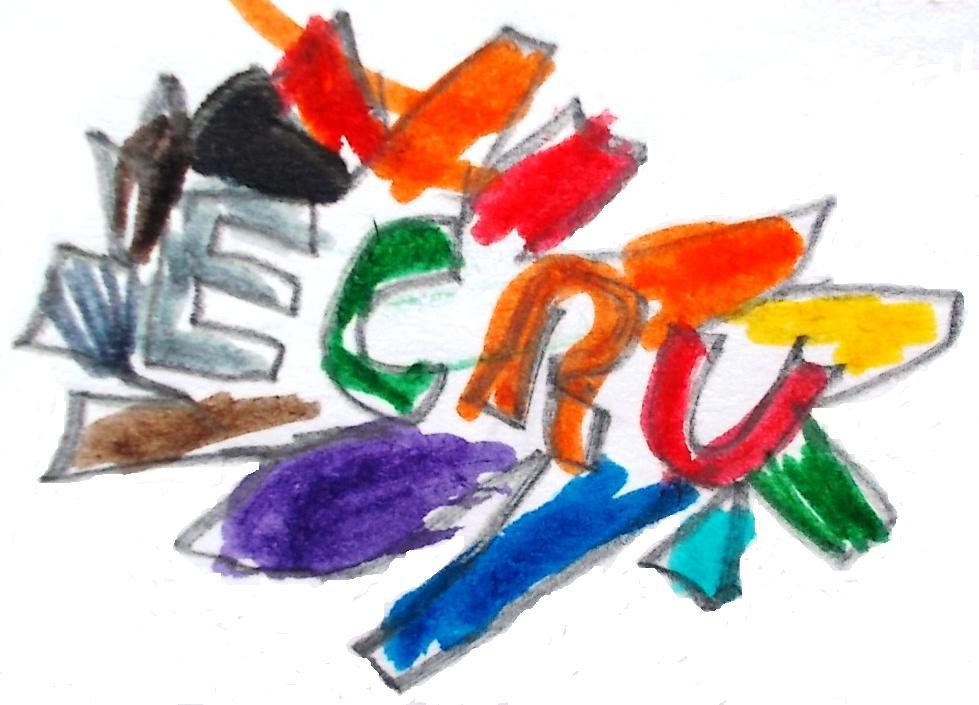ECRU is able to offer a structured system of knowledge, experience, tools and ideas in the field of European and national planning and advice to businesses and individuals in many social and economic sectors.
The European Union supports the small and medium enterprises (SMEs) in various forms such as calls, loans and, in some cases, guarantees.
The supports may be either direct or through programs managed at national or regional level, as the EU Structural Funds.
SMEs can also benefit from a range of measures of non-financial assistance in the form of services and business support programs.
In 2011 the European Commission put forward new legislative proposals relating to EU funding programs operating for the period 2014-2020.
A new generation of programs based on the achievement of Europe 2020, which establishes the guidelines of the EU program after 2013, and largely replace the current ones.
The issues will mainly refer to:
– environment
– Culture and audiovisual
– Education, training, youth and sport
– Social policy and European citizenship
– firms
– Research and innovation
– Health and consumer protection
– Justice and Home Affairs
– External aid and development cooperation
– Protection of financial interests and taxation, customs.
The main ways of participation in programs and other funding opportunities are divided into 4 areas:
Structural Funds
The Structural Funds (European Regional Development Fund [ERDF] and European Social Fund [ESF]) are the largest Community funding instruments for SMEs, through the various thematic programs and community initiatives implemented in the regions. The beneficiaries of structural funds receive a direct contribution to finance their projects. The management of programs and projects are selected at national and regional level.
Possibility of specific funding
This funding is mostly thematic with specific objectives such as environment, research, education.
SMEs or other organizations can usually apply directly for the programs, generally on condition that they present projects sustainable, value-added and trans-national. Depending on the program, applicants can also include industrial groupings, trade associations, business support providers and / or consultants.
The co-financing is the general rule: the support of the European Union usually consists of subsidies which only cover part of the costs of a project.
Financial instruments
The majority of financial instruments are only available indirectly, via national financial intermediaries. Many of them are managed by the European Investment Fund.
Support for the internationalization of SMEs
These supports generally consist of assistance to intermediary organizations and / or public authorities in the field of internationalization, in order to help SMEs to access markets outside the EU.
CITIZENS AND REGIONS OF EUROPE | skills
Planning, coordination, evaluation and monitoring, reporting of projects, initiatives and development plans at national, EU and transnational in favor of:
Strategies for Employment and for a fair and sustainable development:
– Employability, increasing the ability to find work
– Entrepreneurship: developing entrepreneurship
– Adaptability: supporting the adaptation to changes in the labor market
– Equal opportunities: to strengthen the policies for equal opportunities for all
– Education: tackling early school leaving
– Inclusion and social cohesion, combat poverty and social exclusion
– flexi security
– Skills assessment (machting demand and supply of labor)
Corporate Social Responsibility (social responsibility tools and paths, patterns of social balance)
social dialogue
Research and innovation (FP7)
Gender budgets
Lifelong Learning Programme (LLP) / Lifelong Learning Programme (Leonardo da Vinci, Grundtvig)
Formal, non-formal, informal learning
learning organization
Justice (Daphne)
Combating discrimination and inequalities in the labor market (Equal)
Adaptation and modernization of policies and systems of education, training and employment (ESF Obj. 3)
Competitiveness of SMEs
over 45
Cultural dialogue, local governance and development cooperation (ENPI)
Environmental policy (LIFE +)
cooperative entrepreneurship
Consulting and Design participatory and sustainable to corporations, institutions, design agencies, organizations of workers and employers, micro, small and medium enterprises (MSMEs):
strategies and policies for employment, research and innovation, social dialogue
CSR – Corporate Social Responsibility and Social Report (identification of models that can be used nelleMPMI
Learning organization (transferability of models)
development and management of systems for monitoring and evaluation of multidisciplinary projects and training plans
looking for opportunities for local development and for the technological and organizational innovation
innovative organizational models
ex-ante selection of tenders and projects
fund raising
total quality management
creation of networks for local development (with social actors, strategic partners)
technical and administrative assistance
Training programs and research in the socio-economic:
Design and courses in vocational training in the area of skills development, guidance and job placement, etc.
Definition and application of innovative technologies (tangible and intangible) of learning methodologies, with particular attention to e-learning, training on site (integration of open education, online, self-study), methods of local development
Models of continuing education
Non-formal and informal learning
Analysis of training needs and professional
Promoting employment and social inclusion, improving the availability and accessibility of microfinance for vulnerable groups and micro-enterprises, and facilitating access to finance for social enterprises
Consulting and design in favor of the cooperative movement and the third sector

 English
English Italiano
Italiano